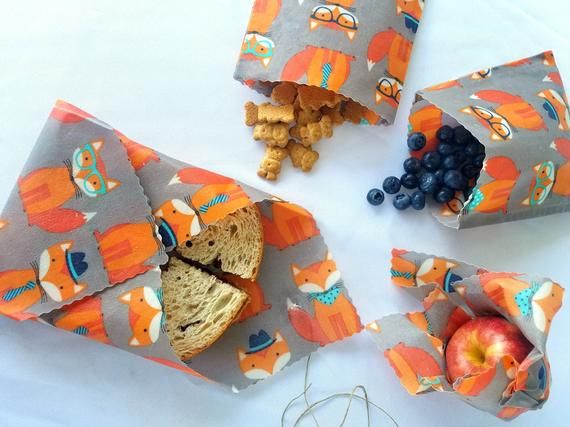The school holidays are beginning to wrap up, and for many that means madly deciphering school equipment and uniform lists, ensuring your little, or not so little ones, have everything they need to have a great start to the year.
Like many components of our daily life that we have formed habits around, tasks that we repeat everyday, every month or every year, can feel so second nature, we don’t stop and think if there is a better, more sustainable way of doing it.


School lunches
A reusable school lunchbox is not a new notion, quite the opposite. It is however a great step in the right direction towards meaningful sustainability.
Something to consider with a lunch box however, is whether your food can stay nude! Also known as “nude food.” This simply means there are appropriate compartments to divide your food, and the need for individually wrapping items is eliminated.
It’s what’s inside that counts
It’s often what’s inside those lunch boxes that present the issue - the plastic issue. Kids snack food is notorious for being packaged within an inch of its life and is often a packet, inside a packet inside a box.
Given this is an issue that begins and ends at a supermarket level, it can be hard to avoid, but with Australia using 3 million tonnes of plastic a year, recycled at a rate of just 9% it is a habit that must be broken.
Plastic Wrap Alternatives
While you may have a few more days left of school holidays but have exhausted the dwindling list of holiday activities, fear not. We have one more activity up our sleeve for you.
Beeswax reusable food wrappers! Removing the need for use-once plastic cling wrap and getting the kids involved in the steps towards sustainable practices. You can find the method to make your own here.
Sundays are for cooking
A great way to minimise snacks in packaging is to ritualise a sunday afternoon of family cooking, with enough snacks and treats to fill those lunchboxes all week - and even some left over for after school snacks.
> Smashed pea and goat’s cheese roll


Leftovers
Leftovers are a time-poor adults dream! Food that is ready-made and waiting to be devoured between appointments in a day, or the school pick up. In spite of this, in Australia each year, over 5 million tonnes of food ends up as landfill. That is enough to fill 9,000 Olympic sized swimming pools. And in Victoria alone, each year households throw away 250,000 tonnes of edible food – enough to fill Melbourne’s Eureka Tower.
Relying on leftovers for the whole family’s lunch can save you time, money and importantly, cut down on food waste. The key is planning each meal for the whole of your week, and building your shopping list from there. You then know exactly what you need and won’t panic-purchase.


Compost
What comes home from school can be just as important as what goes to school. While some schools have a composting program in place, others don’t. Encouraging your kids to compost either at school or at home is an essential sustainable habit to establish.
Over 65% of landfill in Australia is made up of organic waste that releases methane which is more toxic than car exhaust fumes. It’s also waste that could be successfully used in your garden as compost and mulch.
Once eaten, leftover food scraps can go back into the lunchbox and the ritual of composting when returning home from school can begin.
School supplies
Stocking up on crisp stationary ready for the new school year is somewhat of a rite of passage - possibly for some more than others. It wasn’t that long ago we were laminating our children’s books in bright plastics of their choice to proudly show to their friends on the first day.
We often over-buy or double-up on things we don’t actually need. This is detrimental to the environment and also instills waste culture to our children, the very habit we are trying to break.
It is not unusual to have many, if not all, the things a child may need. Together, you could do a quick inventory at home to establish what you already have and only then purchase what you need.


Breaking habits and changing entrenched behaviour isn’t easy, but it is in the small steps forward that we individually make, that as a collective will fuel sustainable change.
With the current bushfires burning across much of Australia, the time is now to realign and entrench sustainable habits.
Subscribe to our newsletter
Promotions, new products and sales. Directly to your inbox.










